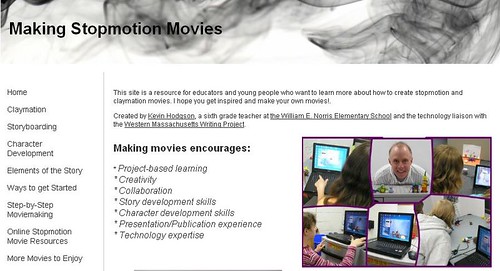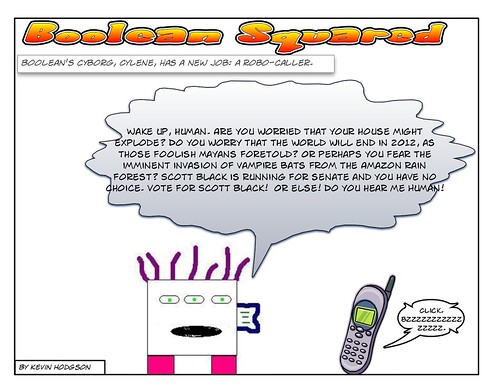(Head to Making Stopmotion Movies)
In less than a week, I will be heading off to Ohio for the Dublin Literacy Conference and one of my sessions is with parents and kids around creating stopmotion movies. I have handouts, but I really wanted a website resource that I could direct people to if they were truly interested in creating stopmotion movies.
Yesterday morning, I worked for a bit on a site, got feedback from my Twitter friends and others, and I think it is just about ready. My aim was to provide some inspiration for those wondering about how to make movies, access to the free tools that I use with my students and my own sons, and insights into what I have learned from doing claymation and other stopmotion movies with young people.
This morning, I put some finishing touches on the site, adding a few more movies. There is still some tinkering to do, but mostly, I think it is a good resource for people, and something I am proud to have created, particularly for the large numbers of parents and kids who will be attending my session on Saturday in Dublin.
Feel free to pass the site along through your network. If you are inspired, and you get your students making movies, give me a shout because our Longfellow Ten site is always on the lookout for more student work. The LF10 is a stopmotion moviemaking syndicate (sounds devious, doesn’t it?) that features student films.
Peace (in the frames),
Kevin



